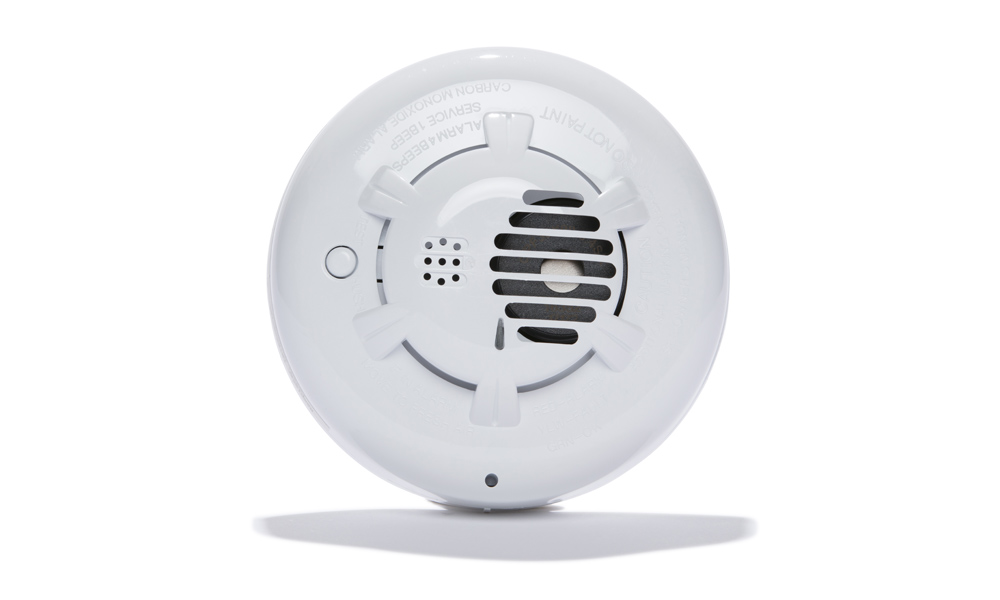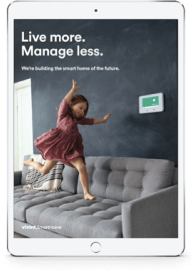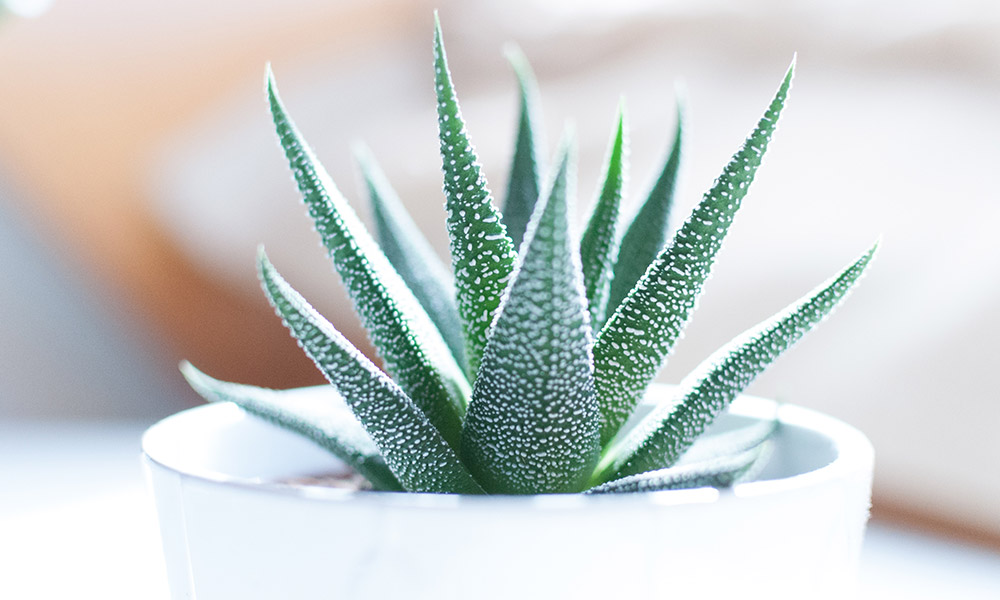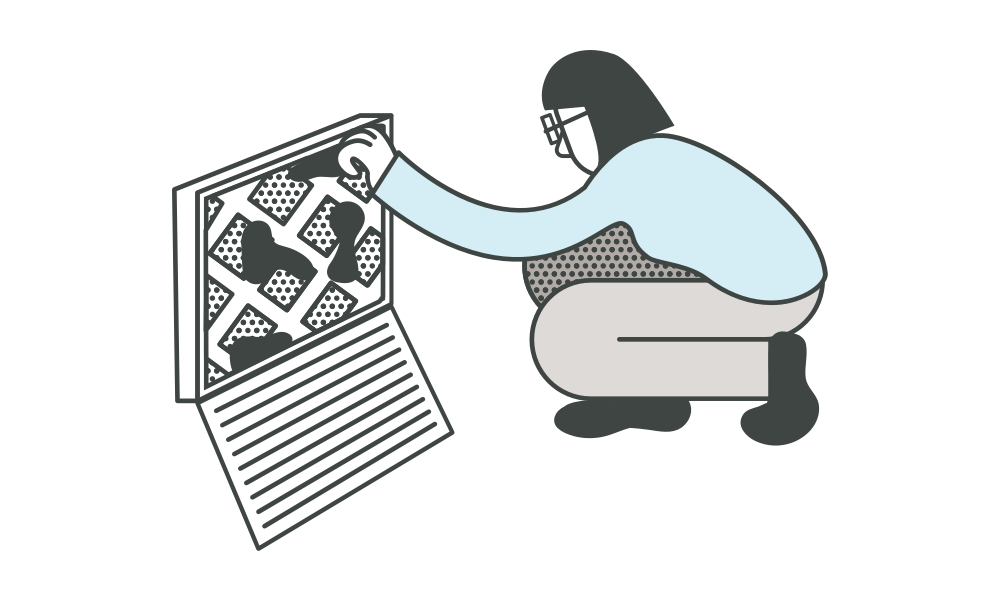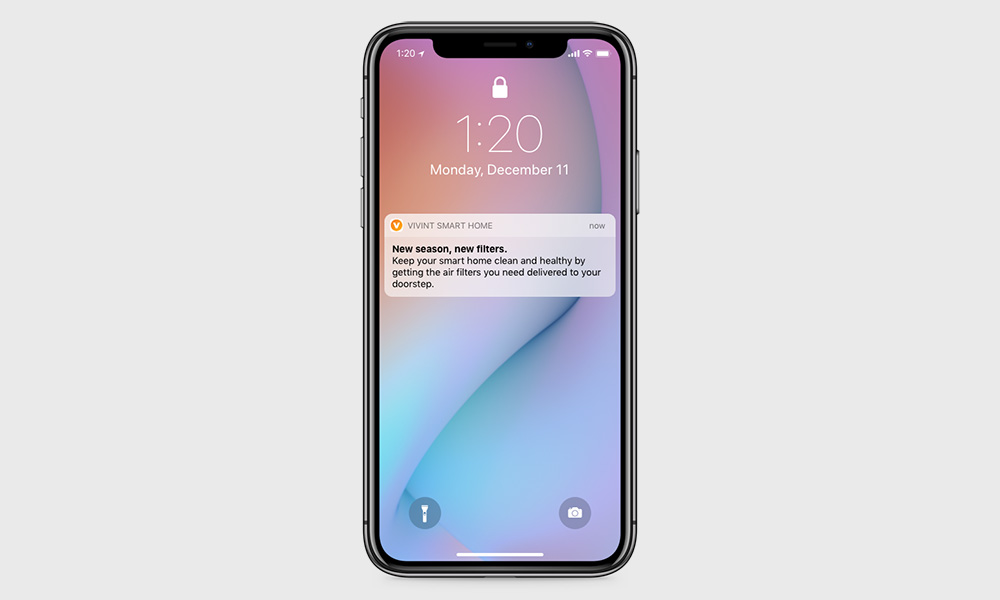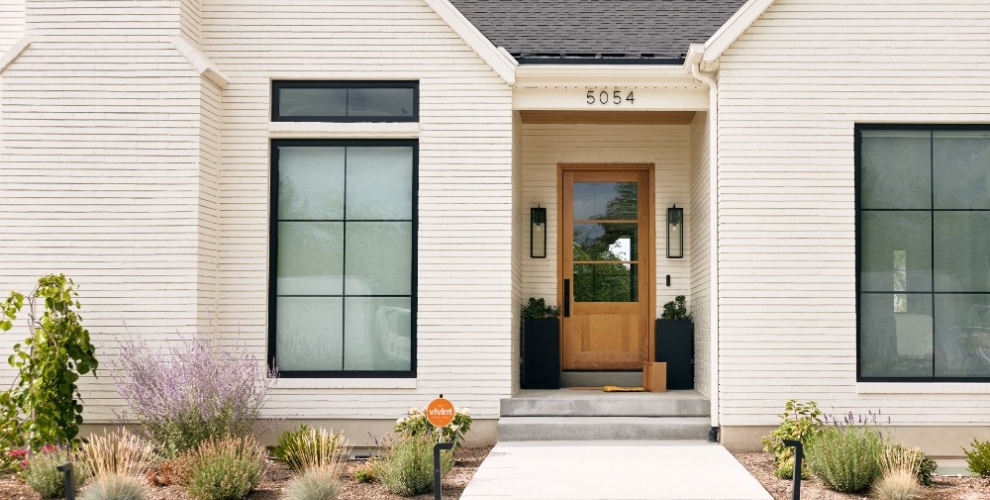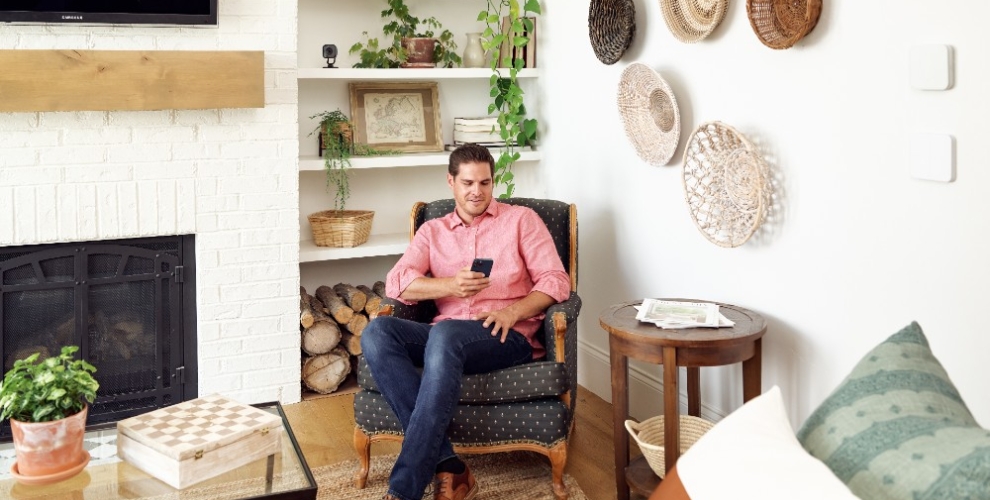
Spring cleaning is a tradition most people are accustomed to. However, many people often neglect cleaning in preparation of frigid winter months.
When autumn begins, the leaves fall, the temperature drops, and it’s the last time to take care of any pesky home projects before you feel trapped inside all winter long. Why wait until it gets too cold to get prepared for winter?
October is Healthy Lung Month, a time to be aware of ways your home could potentially be putting your lungs at risk. Read on to discover some common lung dangers in the home as well as a few easy ways to improve your indoor air quality this fall.
Asbestos
Projects around the home can range from sweeping, to knocking down a wall, to updating your home’s plumbing and electricity. If you’re planning on opening walls up or taking on a more extreme project, it’s important to take the age of your home into consideration and look out for possible toxins lurking in the skeleton of your home.
Asbestos is a toxin that can be found in older homes but is especially likely to be found in homes built between the 1930s and the 1980s. This group of six naturally occurring minerals made of microscopic fibers was used in many home construction materials. Disturbing asbestos in the walls, insulation, flooring and other areas of the home can potentially release these toxic fibers, allowing for possible consumption by anyone in the area.
